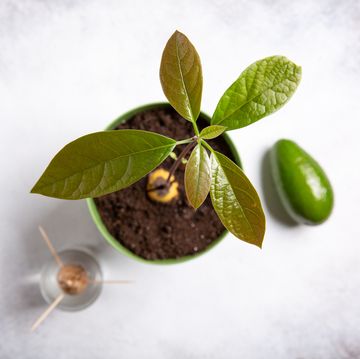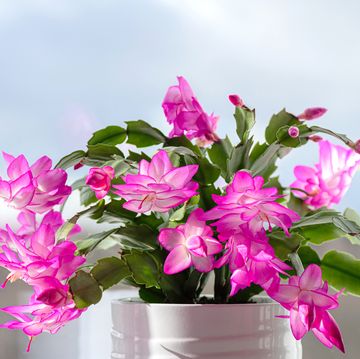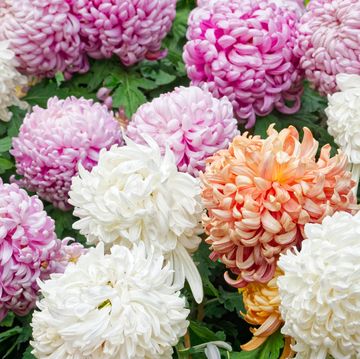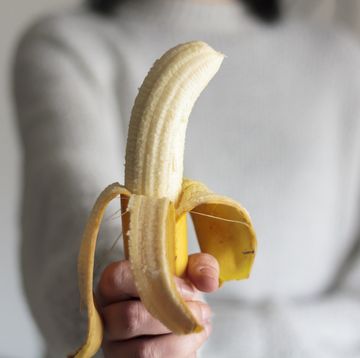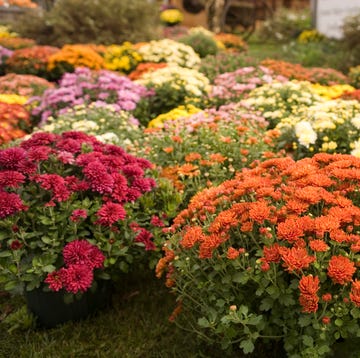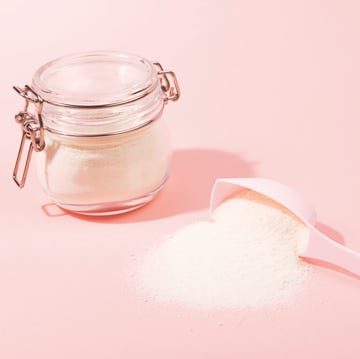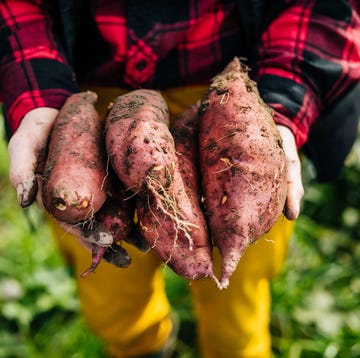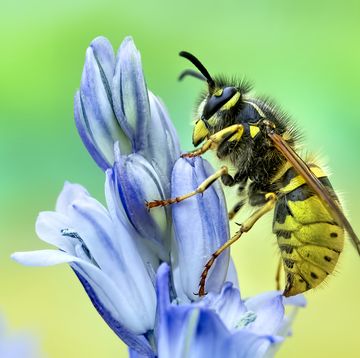In A Nutshell
Your best option is to add organic matter and grow plants that do well in alkaline soils.
The Whole Story
Technically, all soils with a pH higher than 7.0 are alkaline, or "sweet," but most garden plants tolerate a pH up to about 7.5. Alkaline soils are generally composed of basic (high pH) parent materials such as limestone (calcium carbonate). High-pH soils are more prevalent in arid climates, because rainfall does not leach the calcium and other basic materials out of the soil. Soil pH affects nutrient availability for plants, and in soils with a pH over 7.8, iron, zinc, and phosphorus deficiencies are common.
Lowering soil pH is a slow and challenging process. "The truth is, lowering soil pH is hard, because the limestone in the soil continually dissolves," says Jessica
Davis, Ph.D., a professor of soil science at Colorado State University. Davis recommends getting your soil tested to determine its pH, lime content, soil texture, and mineral and nutrient content. If the test results indicate a medium or high lime content, she recommends not trying aggressive measures to lower the soil pH.
The most aggressive way to lower soil pH is to apply pure sulfur or flowers of sulfur. You should follow your soil test's recommendations, but in general, if you are applying sulfur to an area that does not currently have any plants growing in it, such as a new garden bed, you can apply it at a higher rate than in areas with growing plants. You can also add organic matter, such as compost or composted manure, to your soil annually and mulch with acidic organic mulches, such as pine needles. Adding organic matter slowly lowers your pH over time, while increasing microbial life and improving the structure of your soil.
Regardless of how, or if, you decide to amend your soil, Davis recommends growing plants that do well in alkaline soils, such as linden trees (Tilia spp.). "Gardeners who have their heart set on growing an acid-loving plant like a blueberry should grow it an container," Davis says. "That way, you only have to change the pH of a small amount of soil."
Jessica Davis is coordinating a new, interdisciplinary program devoted to organic agriculture at Colorado State University.





